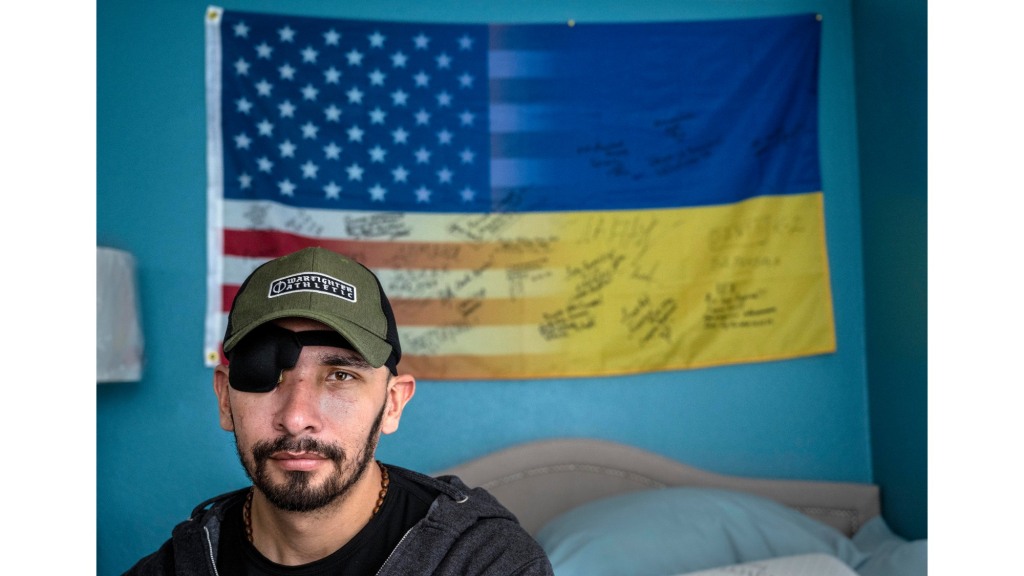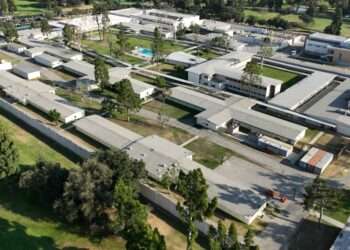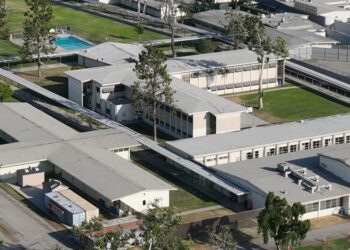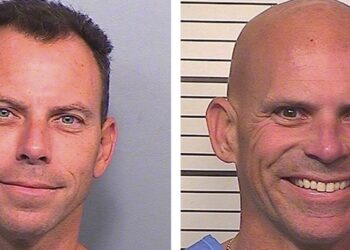In the dark, there was a staccato beat of sound — a thundering, unplaceable boom. Then there was the pain, sudden and unyielding.
Giovanni Roman was hit.
It was just before midnight on a frigid February evening in the eastern Donetsk region of Ukraine when the 29-year-old Marine veteran from Garden Grove was struck by an enemy Russian rocket while inside a Humvee on the frontlines.
Blood soaked through his vest. Pain electrified him. The impact shattered part of Roman’s skull, claimed his right eye, and jettisoned shrapnel into his arm and hand. But somehow, Roman stayed awake. He remembers it all.
“I’ve always believed as a man you should be willing to die for something,” Roman said. “I have no problem dying helping someone out and helping the defenseless — and that is exactly what was going on there.”
The hours leading up to the attack were as normal as they could be in the embattled country, where Roman volunteered twice as a medic and soldier.
On a second trip that began in December, Roman was volunteering with the International Legion of Ukraine — stationed in the oblast, or region, annexed by Russia in September. As the only medic in his unit, Roman said he would sometimes insert IVs while staving off enemy fire.
Hours before the attack, Roman had booted up DoorDash to send his girlfriend Valentine’s Day flowers and made a call to his mother. But those were some of his only communications back to Orange County from Donetsk, where his unit spent each night sleeping in muddy foxholes with nary a bathroom or proper meal. Temperatures frequently dipped below zero. Often, Russian drones could be heard buzzing overhead.
As also alleged by Ukrainian president Volodymr Zelenskyy, Roman said white phosphorous — a weapon outlawed by the Geneva Convention — would fall from the skies, threatening to burn through flesh. The acrid smell of it still lingers on some of his gear today, he said.
Before the war began, Roman had never been to…
Read the full article here







